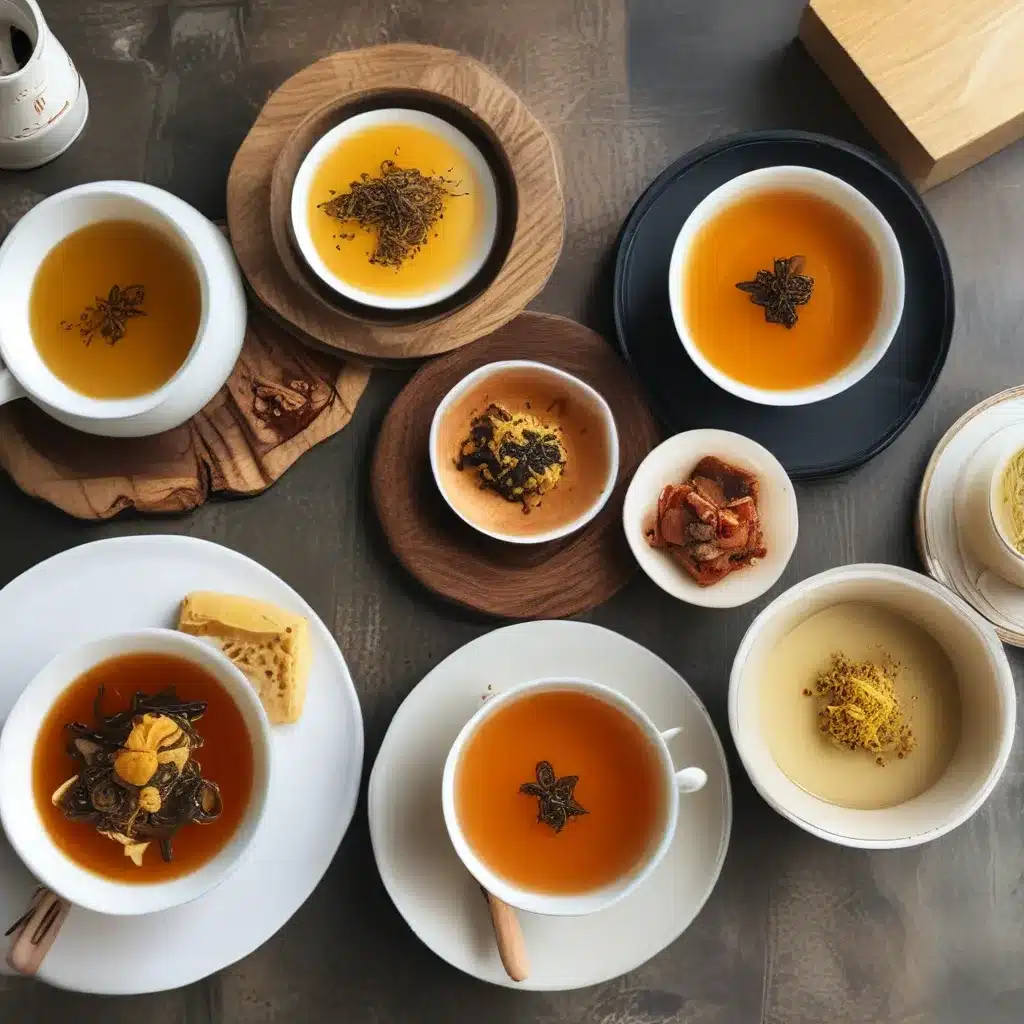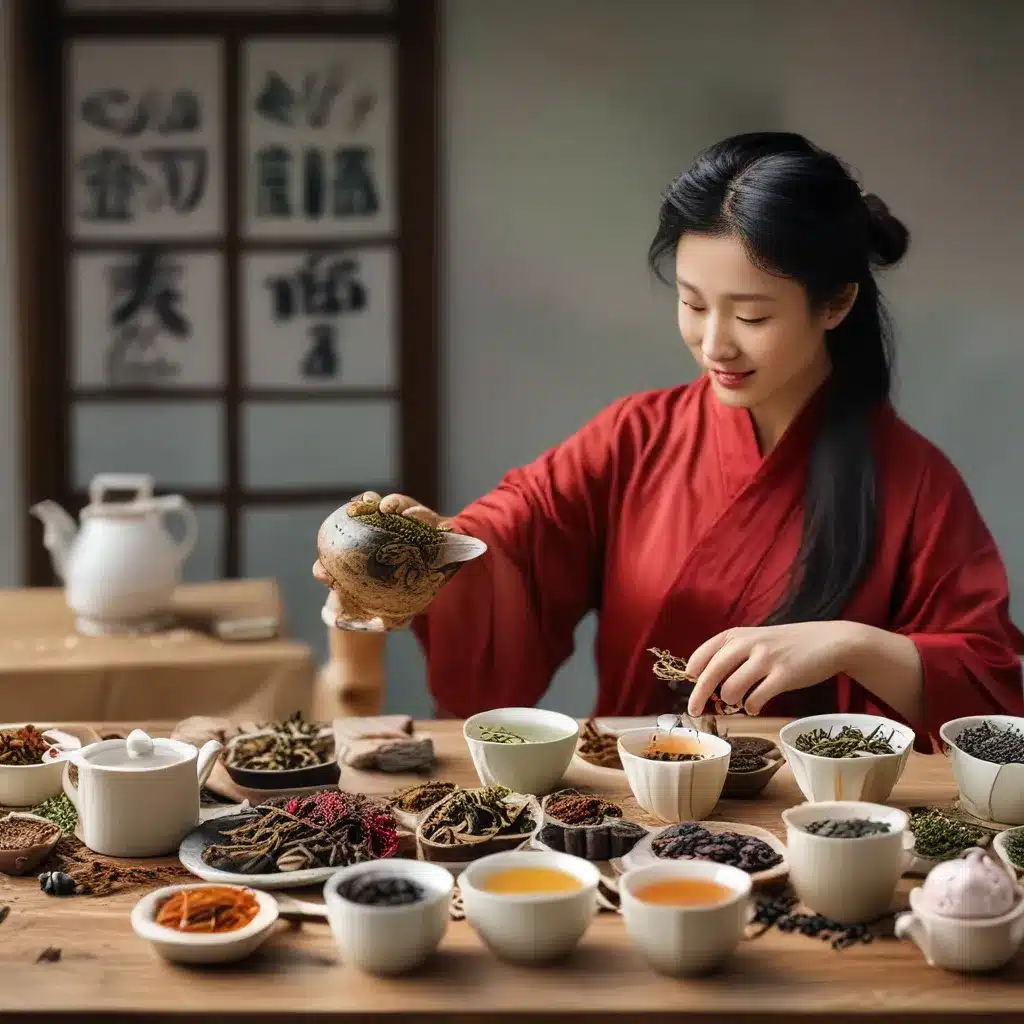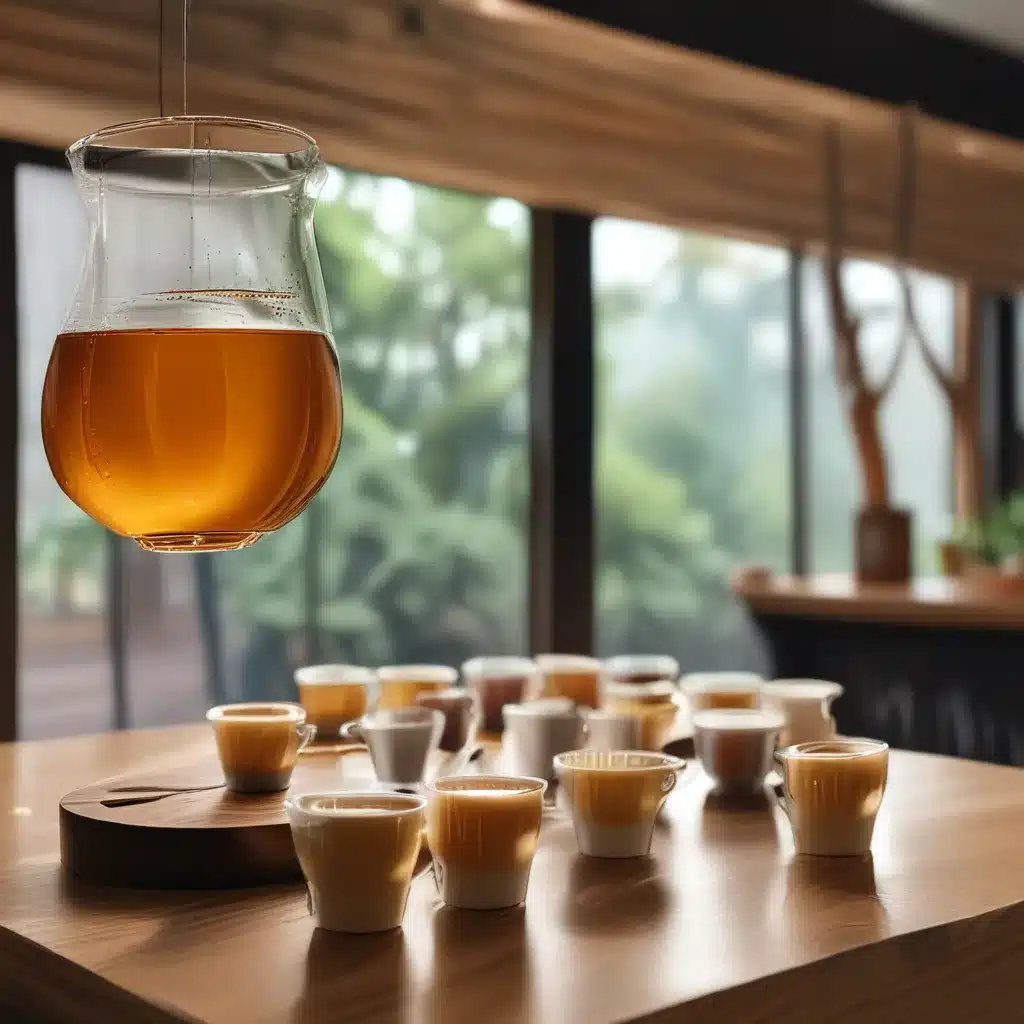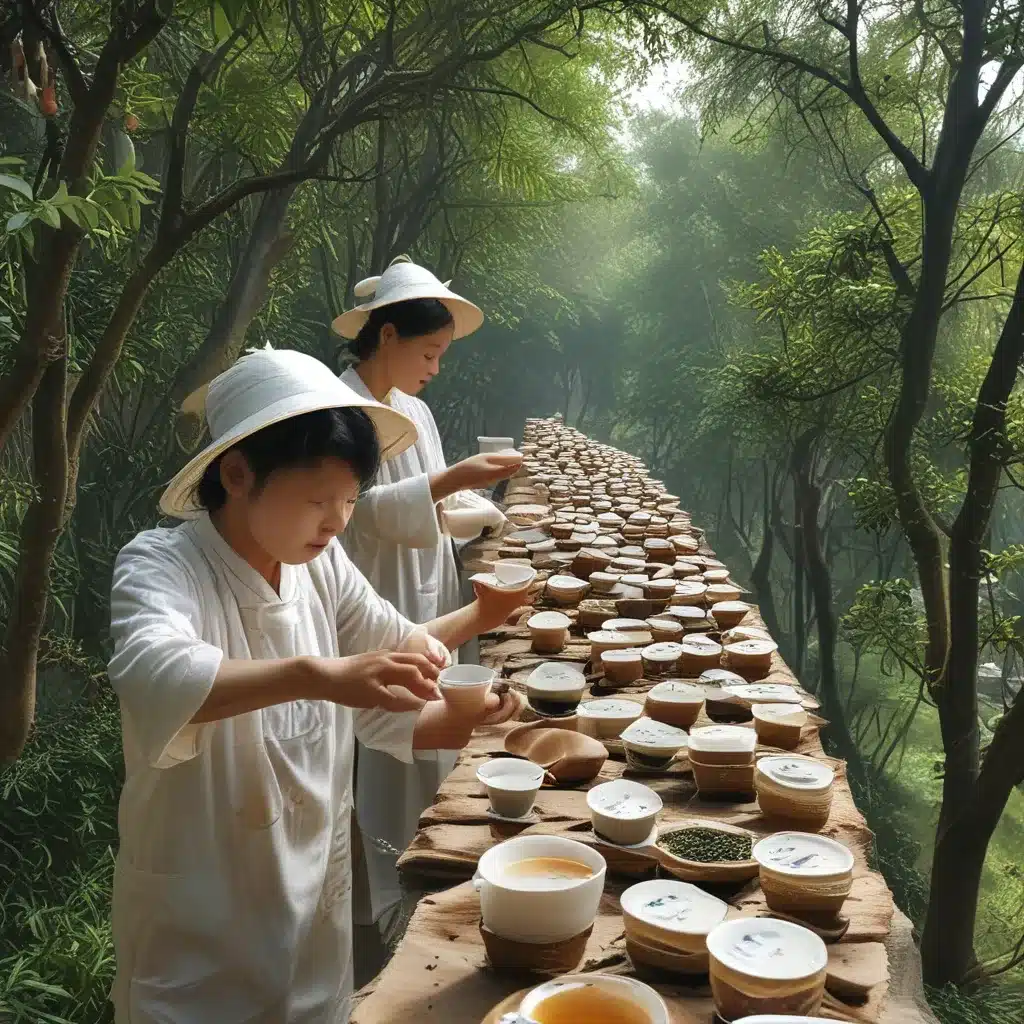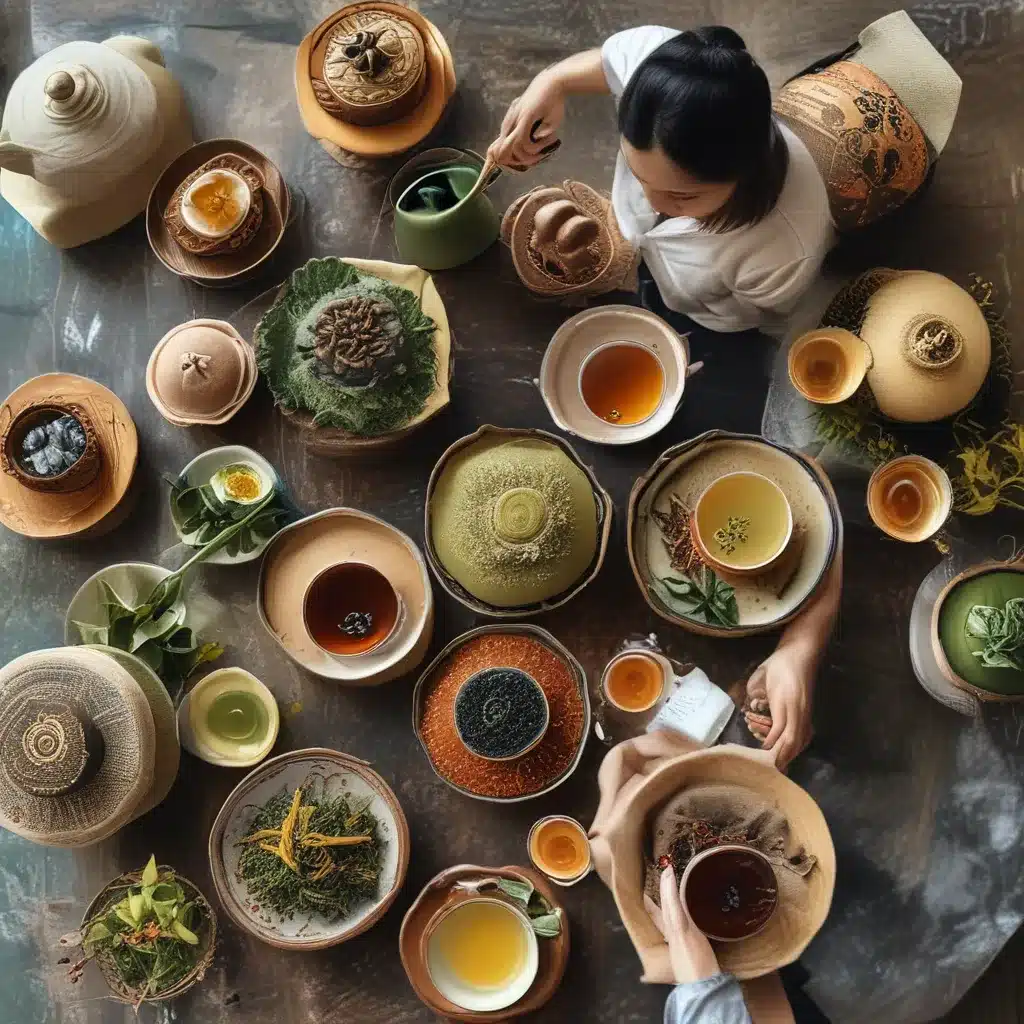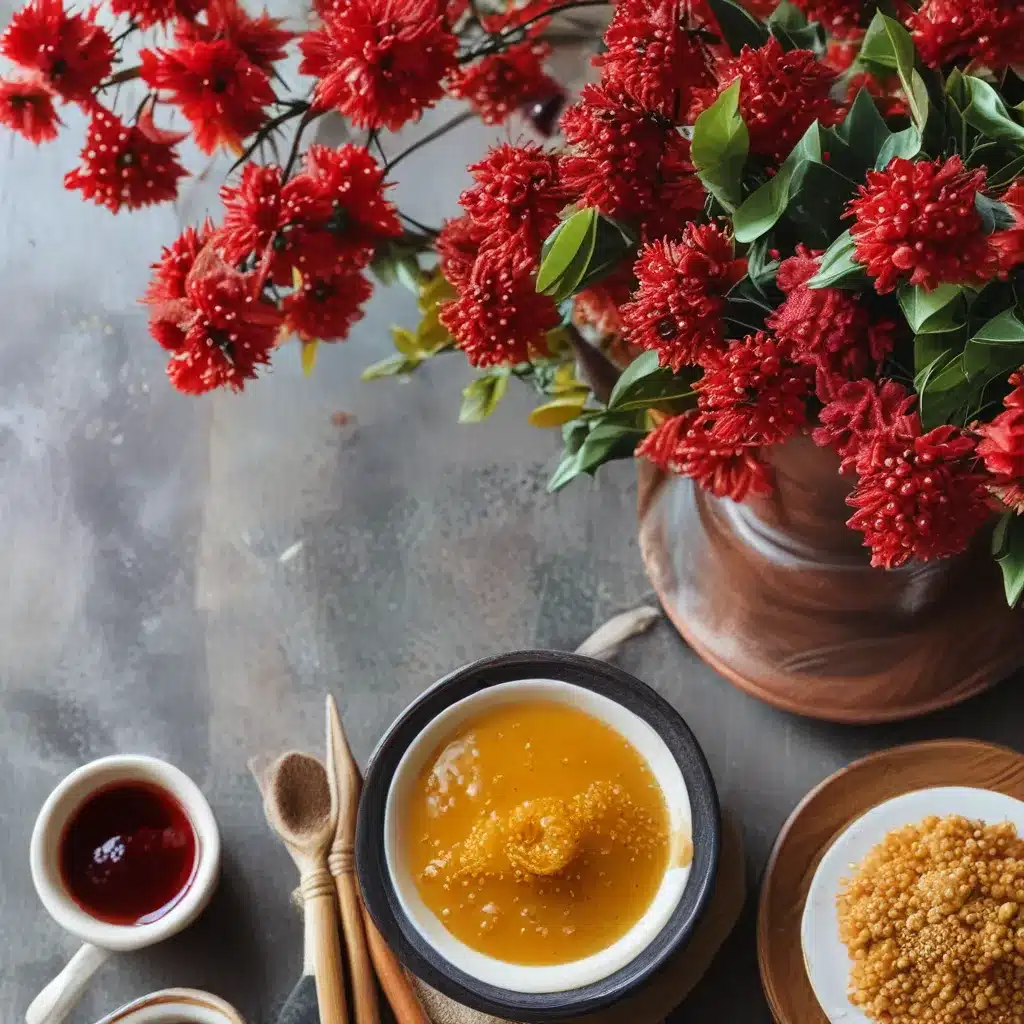
The Unexpected Immunity Boost in Your Next Shanghai Meal
As I stepped into the bustling kitchen of One Dragon Restaurant, the aroma of freshly steamed dumplings and sizzling Kung Pao chicken immediately enveloped me. But beyond the mouthwatering flavors, I couldn’t help but wonder – could these beloved Shanghai dishes also be a secret weapon for strengthening my immune system?
Intrigued, I dove deep into the research, and what I uncovered surprised even this Shanghai cuisine enthusiast. It turns out that many classic Shanghai dishes don’t just tantalize the taste buds – they’re also packed with immune-boosting nutrients and compounds that can give your body’s defenses a much-needed helping hand.
So, grab your chopsticks and get ready to discover how you can fortify your immune system with the vibrant flavors of Shanghai. Trust me, this is one culinary journey you won’t want to miss.
The Powerhouse Ingredients in Your Favorite Shanghai Dishes
As I explored the world of Shanghai cuisine, I was amazed to find that many of the key ingredients used in these dishes are absolute superstars when it comes to supporting a healthy immune system.
Take ginger, for instance – a staple in countless Shanghai recipes. This pungent root is a veritable powerhouse of antioxidants and anti-inflammatory compounds that can help your body fight off invading pathogens. Studies have shown that ginger can enhance the activity of white blood cells and natural killer cells, two crucial components of the immune system’s defense against infection and disease.
But ginger isn’t the only immune-boosting ingredient you’ll find in Shanghai cuisine. Garlic, another ubiquitous ingredient, is renowned for its antimicrobial properties and ability to stimulate the production of white blood cells. Research has even suggested that garlic can help regulate the immune system, reducing the risk of inflammatory conditions.
And let’s not forget about the mighty green onion, a staple in countless Shanghai dishes. These flavorful stalks are rich in vitamins A, C, and K, all of which play vital roles in supporting immune function. Vitamin C, in particular, is a powerful antioxidant that can help neutralize harmful free radicals and keep your immune cells functioning at their best.
So, the next time you indulge in a plate of fragrant fried rice or a steaming bowl of xiaolongbao, remember that you’re not just treating your taste buds – you’re also giving your immune system a much-needed boost.
Unlock the Immune-Boosting Power of Shanghai’s Fermented Favorites
As I continued my deep dive into the nutritional benefits of Shanghai cuisine, I stumbled upon an unexpected gem: the immune-boosting potential of fermented foods, a cornerstone of many classic Shanghai dishes.
Take, for example, the humble soy sauce. This ubiquitous condiment is a staple in Shanghai kitchens, and for good reason. Researchers have found that the fermentation process used to make soy sauce produces a wealth of beneficial compounds, including antioxidants and antimicrobial peptides that can bolster the immune system.
But soy sauce is just the tip of the iceberg when it comes to Shanghai’s fermented delicacies. Another beloved ingredient, douchi (fermented black beans), is a powerhouse of immune-boosting potential. Studies have shown that the fermentation process used to create douchi enhances its antioxidant and anti-inflammatory properties, making it a valuable addition to any immune-supporting diet.
And let’s not forget about the humble pickle, a staple in many Shanghai households. Whether it’s the tangy and crunchy cucumbers or the pungent yet delectable fermented cabbage, these fermented veggies are teeming with probiotics – beneficial bacteria that can help regulate the immune system and keep your gut health in tip-top shape.
By incorporating these fermented favorites into your meals, you’re not only treating your taste buds but also giving your immune system a much-needed boost. So, the next time you visit One Dragon Restaurant, be sure to indulge in the immune-boosting power of Shanghai’s fermented classics.
The Adaptogenic Advantage: How Shanghai Cuisine Helps You Adapt and Thrive
As I delved deeper into the world of Shanghai cuisine and its relationship with immune health, I stumbled upon another fascinating revelation: the presence of adaptogenic herbs and spices in many classic dishes.
Adaptogens are a unique class of plants and fungi that can help the body adapt to stress and maintain homeostasis, a crucial component of a healthy immune system. And it just so happens that several of these adaptogenic wonders are staples in Shanghai kitchens.
Take, for example, the humble astragalus root, a key ingredient in many traditional Chinese remedies. Research has shown that this adaptogenic herb can enhance the activity of immune cells, regulate inflammatory responses, and even bolster the body’s resistance to infectious diseases. No wonder it’s often found in Shanghai dishes like hearty soups and stews.
But astragalus isn’t the only adaptogenic superstar in the Shanghai culinary arsenal. Ginseng, another revered herb, is a regular fixture in many Shanghai recipes, from steamed buns to fragrant teas. Numerous studies have linked ginseng to improved immune function, with the plant’s adaptogenic properties helping the body better cope with physical and mental stress.
And let’s not forget about the mighty reishi mushroom, a fungi that’s gaining popularity in the West but has long been revered in traditional Chinese medicine. Reishi is renowned for its adaptogenic properties, which can help modulate the immune system, reduce inflammation, and even enhance the body’s resistance to certain diseases. And you might just find it lurking in that delectable bowl of Shanghai-style mushroom soup.
By incorporating these adaptogenic powerhouses into your Shanghai-inspired meals, you’re not only indulging in mouthwatering flavors but also giving your immune system a much-needed boost. So, the next time you find yourself craving the comforting tastes of Shanghai, remember that you’re also fortifying your body’s defenses against the challenges of everyday life.
Putting It All Together: A Shanghai-Inspired Immune-Boosting Feast
As I sat down to savor the flavors of One Dragon Restaurant, I couldn’t help but feel a sense of excitement. I knew that these beloved Shanghai dishes weren’t just satisfying my taste buds – they were also providing my immune system with a much-needed boost.
I started with a steaming bowl of wonton soup, relishing the savory broth and delicate dumplings. The garlic, ginger, and green onions in this dish are all immune-boosting powerhouses, working together to support my body’s defenses.
Next, I indulged in a plate of fragrant Kung Pao chicken, the Szechuan peppercorns and chili peppers providing a delightful kick. These spices not only tantalize the taste buds but also possess anti-inflammatory properties that can help regulate the immune system.
For my main course, I couldn’t resist the allure of the restaurant’s famous xiao long bao. As I carefully unwrapped the delicate dumplings, I savored the savory, umami-rich broth that burst forth. The soy sauce used in the filling is a treasure trove of immune-boosting compounds, while the fermentation process adds a wealth of beneficial probiotics.
To finish off my meal, I indulged in a refreshing cup of oolong tea, sipping on the fragrant, slightly earthy liquid. Oolong tea is brimming with antioxidants and anti-inflammatory compounds that can help support a healthy immune response.
As I savored the last bite, I couldn’t help but feel a sense of gratitude. Not only had I treated my taste buds to the vibrant flavors of Shanghai, but I had also fortified my immune system in the process. It was a culinary journey that left me feeling nourished, energized, and ready to take on the world.
So, the next time you find yourself craving the comforting tastes of Shanghai, remember that you’re not just indulging in a delicious meal – you’re also giving your body’s defenses a much-needed boost. Grab your chopsticks and get ready to strengthen your immune system, one bite at a time.

